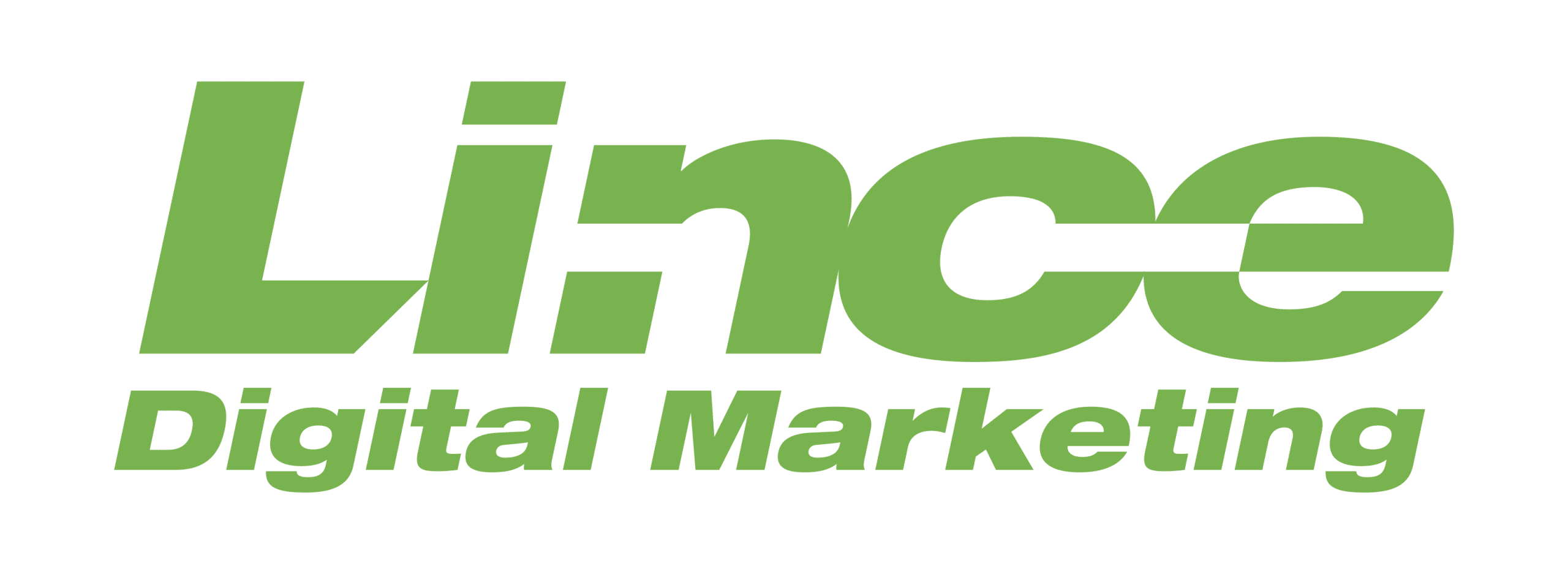The benefits of marketing automation and how to implement it in your business
Are you tired of spending hours on repetitive marketing tasks? Do you wish there was a way to streamline your processes and make your business more efficient? Look no further than marketing automation! This powerful tool has revolutionized how businesses connect with their customers, saving time, increasing productivity, and driving higher revenues. This blog post will explore marketing automation’s many benefits for your business and provide practical tips on implementing it effectively. So sit back, relax, and prepare to take your marketing game to the next level!
What is marketing automation?
Marketing automation refers to using software and technology to automate repetitive marketing tasks, streamline processes, and personalize customer communication. It allows businesses to deliver targeted messages quickly through various channels such as email, social media, and website interactions.
At its core, marketing automation aims to nurture leads and guide them through the buyer’s journey. Businesses can create personalized campaigns that resonate with their audience by analyzing customer behavior and engagement data. This saves time and ensures that every interaction is relevant and tailored to each individual’s needs.
One of the key benefits of marketing automation is its ability to increase efficiency. With automated workflows, marketers can focus on strategic planning rather than manual execution. Tasks like sending follow-up emails or scheduling social media posts can be handled automatically, freeing valuable resources for more important initiatives.
Additionally, marketing automation enables businesses to track and measure campaign performance effectively. Detailed analytics provide insights into what works and doesn’t so marketers can make data-driven decisions for future campaigns.
In a nutshell, marketing automation empowers businesses by automating repetitive tasks while delivering personalized experiences at scale. It helps build stronger customer relationships by providing relevant content throughout their buying journey – from lead generation to post-purchase support. So why wait? It’s time to implement this powerful tool in your business strategy!
The benefits of marketing automation
Marketing automation can revolutionize the way businesses approach their marketing strategies. By leveraging technology and data-driven processes, marketing automation offers many benefits that can help companies streamline their operations, improve efficiency, and drive better results.
One of the key advantages of marketing automation is its ability to save time and resources. With automated workflows and campaigns, businesses can eliminate manual tasks such as sending emails, scheduling social media posts, or updating customer databases. This frees up valuable time for marketers to focus on more strategic activities like analyzing data or creating compelling content.
Another benefit is improved lead nurturing. Marketing automation allows businesses to track user behavior and engagement across multiple channels. By capturing this data, companies can create personalized experiences for their prospects at every stage of the buyer’s journey – from initial awareness to final purchase decision. This targeted approach helps increase conversions and builds stronger relationships with customers.
Moreover, marketing automation enables better tracking and measurement of campaign performance. With advanced analytics tools integrated into these platforms, businesses gain insights into which channels drive the most engagement or generate the most revenue. These metrics enable marketers to make informed decisions about resource allocation and optimize campaigns for maximum impact.
In addition to these benefits, marketing automation facilitates effective lead management by providing a centralized system for organizing leads and automating follow-up actions based on predefined criteria. This ensures that no potential opportunity falls through the cracks while maintaining consistency in communication across various touchpoints.
Implementing marketing automation in your business can increase productivity, improve lead generation and nurturing capabilities, enhance campaign performance tracking, and streamline lead management processes.
How to implement marketing automation in your business
Implementing marketing automation in your business can be a game-changer in streamlining your processes and maximizing efficiency. Here are some steps you can follow to implement marketing automation successfully:
1. Set clear goals: Define what you want to achieve with marketing automation. Whether it’s lead generation, nurturing customer relationships, or improving conversion rates, having specific goals will guide your implementation strategy.
2. Choose the right software: Research and select a marketing automation platform that aligns with your business needs and budget. Look for features such as email marketing, lead scoring, CRM integration, and analytics capabilities.
3. Map out customer journeys: Understand how customers interact with your brand at each stage – from awareness to purchase and beyond. This will help you create targeted campaigns that resonate with different segments of your audience.
4. Segment your audience: Divide your contacts into relevant groups based on demographics, behavior patterns, or interests. This allows you to send personalized messages that address the unique needs of each segment.
5. Create compelling content: Develop engaging content that caters to different buying cycle stages. From informative blog posts to eye-catching social media ads, tailor your content according to where prospects are in their decision-making process.
6. Test and optimize: Monitor the performance of your automated campaigns regularly using data-driven insights provided by the software. Experiment with different messaging strategies and tweak elements like subject lines or call-to-action buttons for optimal results.
7. Integrate sales and marketing efforts: Foster collaboration between sales teams and marketers by sharing insights gathered through automation tools like lead scoring or tracking engagement metrics across channels.
By following these steps thoughtfully while implementing marketing automation in your business, you’ll be well on your way to increased efficiency and greater ROI!
The best marketing automation software
Are you seeking the best marketing automation software to streamline your business processes and boost productivity? Look no further! We’ve researched for you and compiled a list of some of the top options available.
First up, we have HubSpot. Known for its user-friendly interface and robust features, HubSpot offers a comprehensive suite of tools that can automate various aspects of your marketing efforts. From email marketing and lead generation to social media management and analytics, this software has got you covered.
Next on our list is Marketo. With its powerful automation capabilities, Marketo allows you to create personalized customer journeys based on their interactions with your brand. This enables you to deliver relevant content at every touchpoint, increasing engagement and conversions.
Another popular choice is Pardot by Salesforce. Ideal for B2B companies, Pardot offers advanced lead nurturing functionalities and seamless integration with Salesforce CRM. It provides valuable insights into prospect behavior, enabling you to tailor your messaging accordingly.
If you’re looking for an all-in-one solution that includes marketing automation, sales force automation, and customer service management, then ActiveCampaign might be the right fit for you. Its intuitive platform allows you to automate email campaigns, website tracking, lead scoring, and more tasks.
Last but not least is Mailchimp. While primarily known as an email marketing tool, Mailchimp now offers additional features like audience segmentation and automated workflows, making it a great option for small businesses or those new to marketing automation.
Remember that choosing the best marketing automation software depends on your needs and budget. Take advantage of free trials offered by these platforms to see which one aligns best with your business goals before committing.
Conclusion
Implementing marketing automation in your business can bring many benefits, helping you streamline your marketing efforts, save time, and increase efficiency. By automating repetitive tasks and nurturing leads throughout the customer journey, you can focus on creating personalized experiences for your audience.
When choosing the best marketing automation software for your business, consider factors such as ease of use, scalability, integration capabilities with other tools or platforms you use, and pricing. Remember that what works for one company may not work for another, so take the time to evaluate different options before deciding.
Incorporating marketing automation into your business strategy requires careful planning and execution. Start by defining clear goals and objectives aligning with your marketing strategy. Map out the customer journey and identify key touchpoints where automation can be implemented effectively.
Segmentation is crucial in delivering targeted messages to specific audiences. Use data insights to divide your contacts into relevant groups based on demographics or behavior patterns. This allows you to send tailored content that resonates with each segment.
Create engaging email campaigns using automated workflows that trigger actions based on user behavior or predefined conditions. Leverage personalization techniques like dynamic content or personalized recommendations to enhance the effectiveness of these campaigns.
Take notice of lead scoring, as it helps prioritize leads based on their level of engagement or readiness to buy. This enables sales teams to focus on those most likely to convert into customers.
Regularly analyze campaign performance using analytics tools provided by your chosen marketing automation software. Monitor metrics such as open rates, click-through rates, conversion rates, and ROI to optimize future campaigns continuously.
Remember that while implementing marketing automation can be highly beneficial for businesses of all sizes across various industries, it’s not a one-size-fits-all solution. Each organization has unique needs and requirements; therefore, experimentation is key in finding the best strategies for you.
By embracing technology-driven solutions like marketing automation in today’s digital landscape, you can stay competitive, enhance customer experiences, and achieve sustainable growth. So what are you waiting for? The possibilities are endless!















